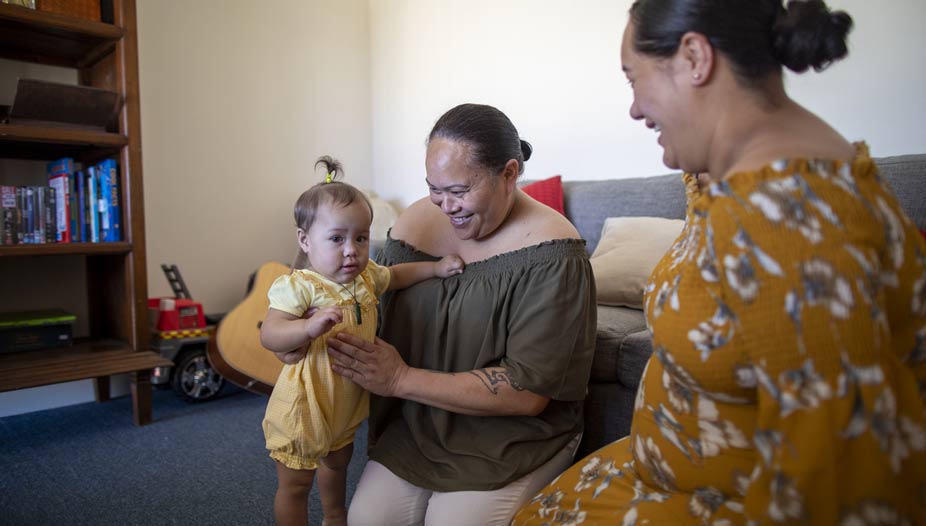What Are My Chances of Having Children After Uterine Cancer?

Uterine cancer (also known as endometrial cancer) is the most common type of gynecological cancer. Because gynecological cancers directly affect a woman’s reproductive system, they are associated with a higher risk of infertility than other types of cancer. However, in the majority of cases, endometrial cancer is diagnosed in post-menopausal women for whom fertility is no longer a concern.
Even so, while relatively uncommon, uterine cancer can also develop in women of childbearing age. When this occurs, it is important for a woman to understand the possible effect on her ability to have children in the future if she so desires.
Is it possible to become pregnant after uterine cancer?
It is possible to become pregnant after uterine cancer, but it depends on the treatment. The most common treatment for uterine cancer is a hysterectomy. This surgical procedure involves the removal of a woman’s uterus and cervix. Some women also have a bilateral salpingo-oophorectomy, which involves the removal of both ovaries and both fallopian tubes. A definite outcome of this treatment approach is infertility.
While the primary focus of uterine cancer treatment is to improve a patient’s outcome and quality of life, fertility is a secondary but important issue that should be addressed if a woman desires to have children in the future. For instance, a patient who wants to protect her ability to become pregnant might elect to delay surgery. Instead, her treatment may begin conservatively.
In some cases, chemotherapy may be recommended as an alternative to surgery. However, because this treatment disperses powerful cancer-fighting medications throughout a woman’s body, there is a risk of damage to healthy cells. For example, a woman’s eggs or another part of her reproductive system may be affected in such a way that she will be unable to conceive or carry a baby to term.
Another possible alternative to surgery is hormonal treatment, which can spare a woman’s fertility while keeping her cancer at bay – but only while treatment is ongoing. In other words, if hormonal treatment is discontinued, the cancer may return. For this reason, most women eventually undergo surgical treatment for endometrial cancer.
Medically reviewed by Hye Sook Chon, MD, gynecologic oncologist
If you’d like to learn more or review your uterine cancer treatment and fertility preservation options with a gynecologic oncologist at Moffitt Cancer Center, you can request an appointment by calling 1-888-663-3488 or completing our new patient registration form online. You do not need a referral to meet with us.
